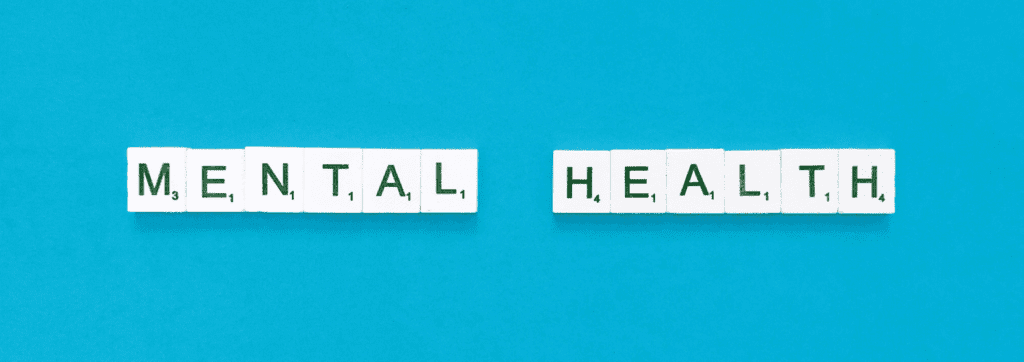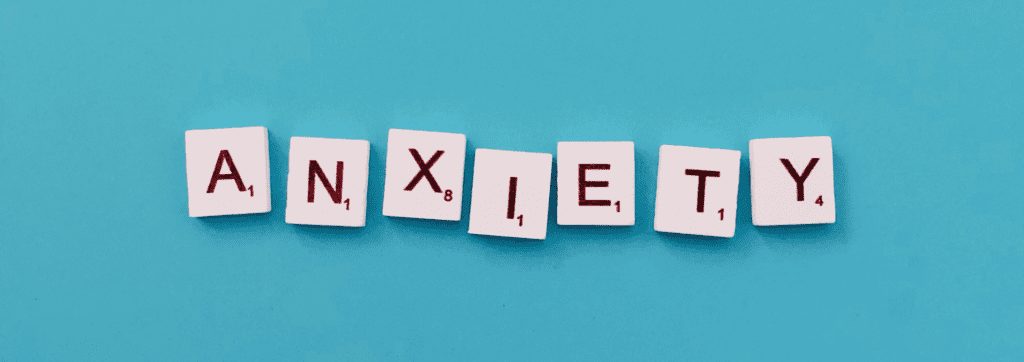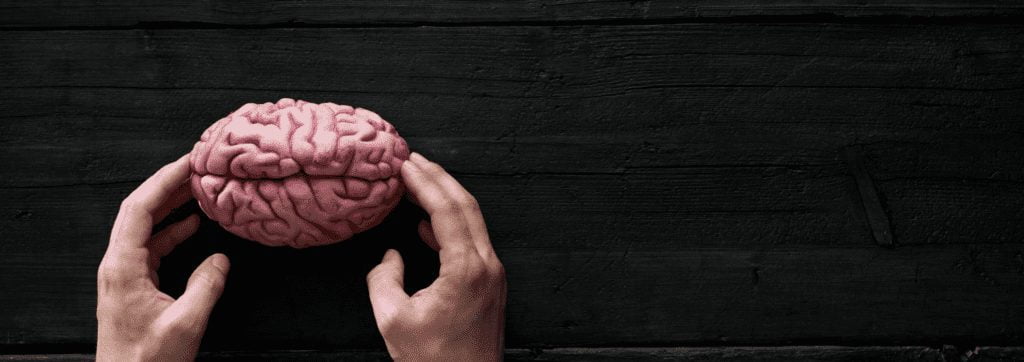Music and Mental Health

Music has been a timeless language of emotions, a universal bond that brings people together. And now, scientific research is revealing a stunning revelation: learning music is not just a pursuit of melodies but a transformative journey that can profoundly impact our mental health and well-being.
Imagine this: you pick up an instrument or raise your voice in song, and suddenly, you find yourself immersed in a world of self-expression and emotional healing. Studies have uncovered that engaging in making music can work wonders in alleviating anxiety and depression and lifting our spirits to new heights (1)(2). How does this sorcery happen, you ask? When you play music, your brain releases a surge of endorphins—those magical chemicals that make you feel blissful and serene while bidding stress farewell (3).

But that’s not all. Learning music requires discipline and concentration, sharpening your cognitive prowess and fortifying your memory. Science has unveiled that musicians possess more significant amounts of grey matter in regions of the brain associated with memory, attention, and language processing (4). As you traverse the enchanting path of music, you enhance your executive function skills—those brilliant abilities of problem-solving and decision-making that have the potential to unlock success in all facets of life (5).
Yet, the journey of music doesn’t end there. It is a path meant to be shared, a joyous celebration of harmony and togetherness. By joining a music group or band, you open the door to a vibrant community that banishes feelings of isolation and loneliness. In this shared rhythm, you discover a profound sense of belonging, a sanctuary for your mental health and well-being (6).

Considering it all, it becomes clear that music possesses a captivating allure that nurtures our minds and souls. From unveiling our innermost emotions to amplifying our cognitive prowess and weaving social connections, music holds power to transform our lives for the better.
References
Bannister, S., & Eerola, T. (2018). Group music performance reduces sympathetic nervous system activity in young adults. Music & Science, 1, 1-9.
Fancourt, D., & Perkins, R. (2018). Creative interventions for symptoms of depression and anxiety: A systematic review and meta-analysis. Perspectives in Public Health, 138(4), 247-255.
Blood, A. J., & Zatorre, R. J. (2001). Intensely pleasurable responses to music correlate with activity in brain regions implicated in reward and emotion. Proceedings of the National Academy of Sciences, 98(20), 11818-11823.
Schlaug, G., Norton, A., Overy, K., & Winner, E. (2005). Effects of music training on the child’s brain and cognitive development. Annals of the New York Academy of Sciences, 1060, 219-230.
Bugos, J. A., Perlstein, W. M., & McCrae, C. S. (2017). The impact of cognitive training on executive function in musicians and non-musicians. PloS One, 12(7), e0182014.
Clift, S., Hancox, G., Morrison, I., Hess, B., & Kreutz, G. (2010). Choral singing and psychological wellbeing: Quantitative and qualitative findings from English choirs in a cross-national survey. Journal of Applied Arts & Health, 1(1), 19-34.



